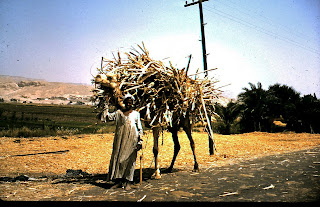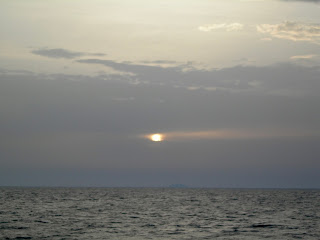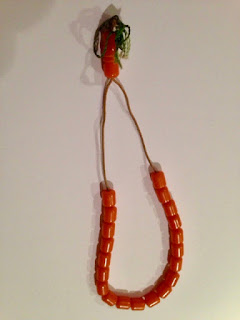“My life is blessed. I have held my children’s children.” (Jeremy Taylor)
Like Tevye, in the musical, Fiddler on the Roof, I find myself thinking this morning about how “swiftly flow the years, one season following another.” (Sunrise, Sunset) “Is this the little girl I carried?” he wonders, and then asks, “When did she get to be a beauty? I don’t remember growing older. When did she?”
It seems like only yesterday that I first held “Katydid” in my arms, watched her take her first steps, celebrated her birthdays, helped her capture lightning bugs in the back yard and catch toads in the flowerbeds around the house. She loved to climb trees, too. Maybe that’s why I began calling my granddaughter Katie, “Katydid!”
All of a sudden, Katydid was a college student. “How can this be?” I remember thinking at the time, and then, by the time I got that reality down, Katydid graduated and went off a’traveling around this great big world of ours.
Her adventurous spirit took her to many places and her Grandad followed her every step of the way with awe and wonder. Then she went to France to teach for a year. That is when something new happened. It happened in Paris, that city of romantic fame. Katie met Liam and Liam (who is from the United Kingdom and was also teaching in France that year) met Katie.
On Sunday, Katie and Liam will be wed. Grandad will officiate. How swiftly flow the years! When did she get to be a beauty? I don’t remember growing older? When did she?




















